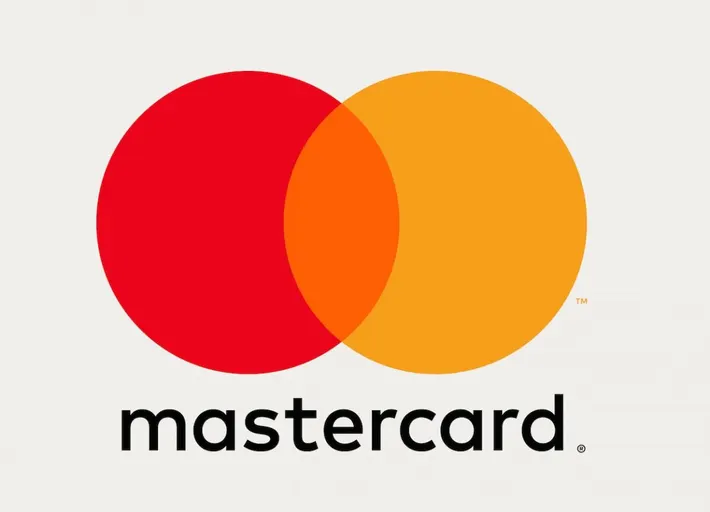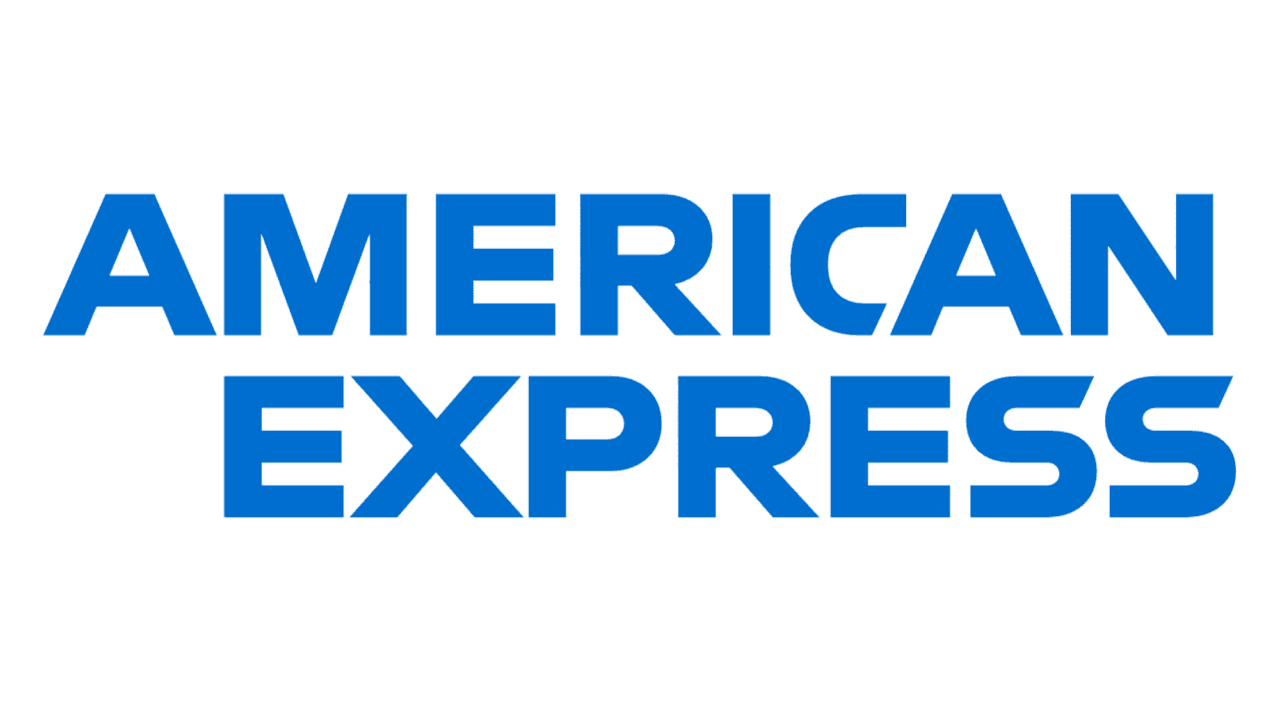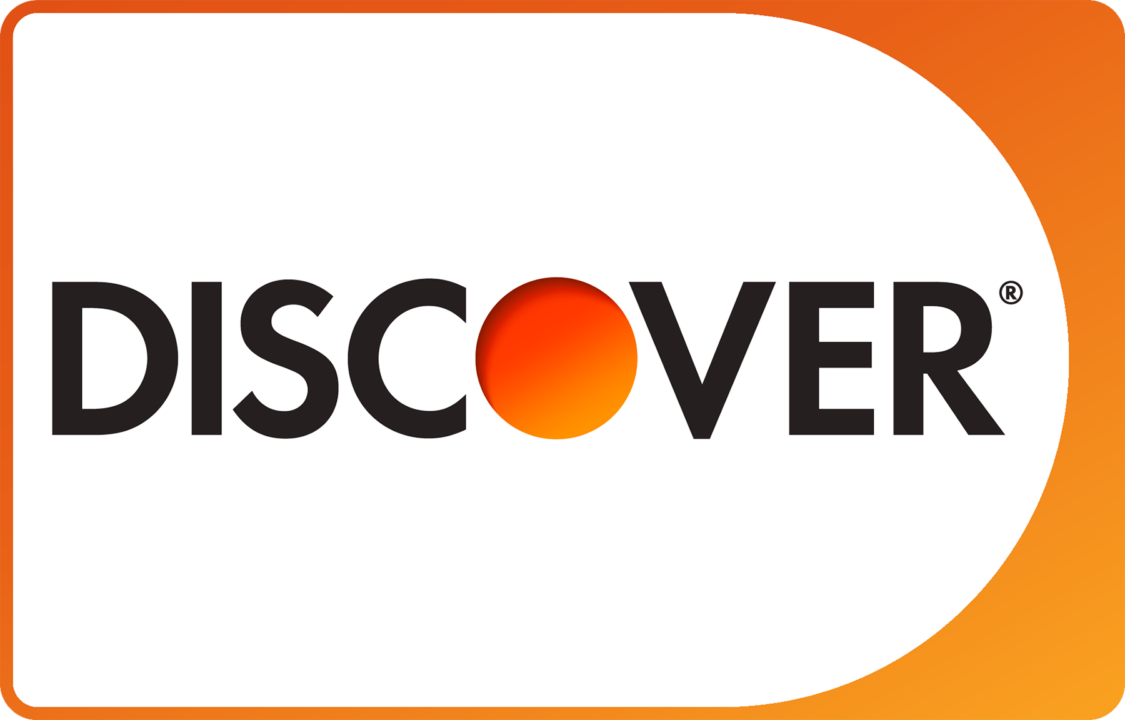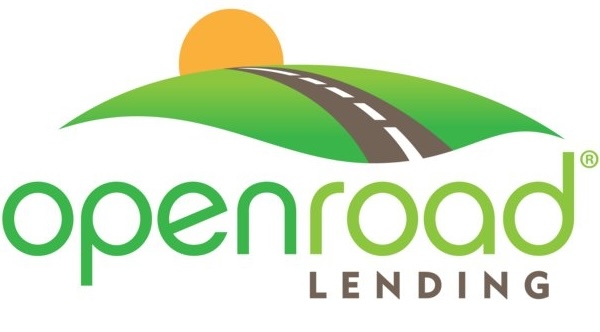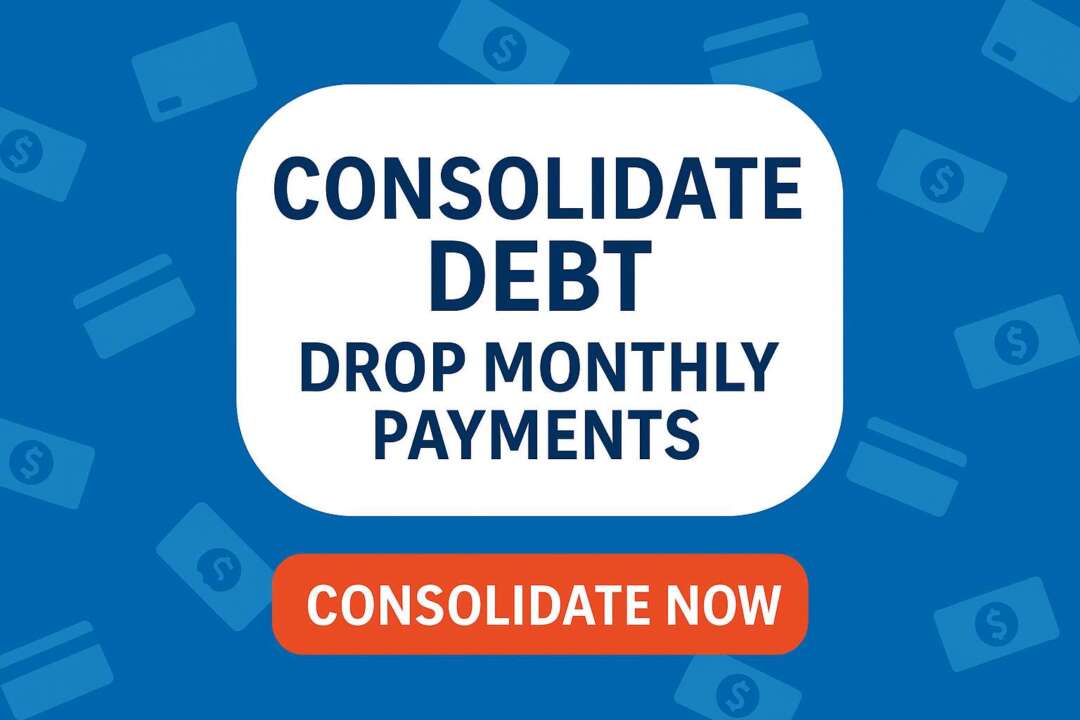Detailed Review of CuraDebt’s debt settlement process
If you’re struggling with debt and considering debt settlement, you may have come across CuraDebt. They offer a program to negotiate with your creditors and settle your debts for less than you owe. We’ve spent years in the lending industry and we track over 50 different debt settlement companies. We want to break down how CuraDebt works, what it costs, and how long it takes, so you can decide whether it’s the best strategy for you in tackling your debt.
CuraDebt is a debt settlement company that has been around since the year 2000. There are a lot of debt settlement companies out there, but CuraDebt is one of the bigger ones. They are accredited by the American Association for Debt Resolution as well as the IAPDA. In addition to general debt settlement for individuals, they have expertise in working with tax debt as well. Not all debt settlement companies will help with IRS debt, so this makes them somewhat unique.
Let’s walk through the CuraDebt settlement process.
The first thing you will do is have a conversation with a CuraDebt representative. This conversation is ostensibly about assessing your situation and determining whether debt settlement would be good for you. They can also offer you a debt consolidation loan through their lending partner, but they don’t make nearly as much money through debt consolidation as they do with debt settlement. So, this consultation is really there to convince you to sign up for debt settlement. If they say that you were denied for a debt consolidation loan, you should not assume you would be denied by other companies as well. If you would rather do debt settlement, shop around. You can check your rate with up to 40 lenders at our lending marketplace at The Yukon Project.
CuraDebt does not have a lot of information on their website, so your consultation interview is the primary opportunity to learn about their fees, processes, and expectations. That means you will want to ask the following questions: What is your debt settlement fee? Is there an account maintenance fee? What is the process for canceling the service? When will CuraDebt start negotiating with my creditors? What support do you provide if I am sued by one of my creditors?
Part of this initial consultation will determine which debts you would enroll. CuraDebt will not take secured debt, like auto loans, mortgages, or HELOCs. But they will take unsecured debt, like credit card balances, medical bills, and tax debt. After you determine what debt you are enrolling, you will work with your consultant to figure out what your new monthly payment for those debts will be.
You see, you will stop paying your monthly bills to the enrolled debt. Instead, you will make payments into an account that CuraDebt controls. Your other accounts will become late and fall into default. This is the key to the debt settlement process. The idea is that your creditors will soon come to the conclusion that getting some money out of you is better than getting no money out of you.
Once you’ve built up enough money in your account, CuraDebt will negotiate with your creditors. They’ve been doing this for nearly 25 years, so they probably have a good idea of which of your debts are going to be the easiest to settle. They will go after those first, for a very simple reason: by law, they are not allowed to take a fee until they have settled at least one of your debts. They will settle the debts one at a time to make sure that you have the money you need to make the settlement payments. They will continue like this until all of your debts are settled. This process is likely to take between 2 and 5 years. It will depend on how much debt you have, and the size of your monthly payment into the account controlled by CuraDebt. Without that money, no negotiation can happen. Finally, the length of the process will also depend on how aggressive your CuraDebt negotiator is.
There are some consequences of debt settlement with CuraDebt that you need to be aware of.
The first and most obvious consequence of the debt settlement process is that it will hurt your credit score. The most important factor in a strong credit score is making on-time payments. And the debt settlement process is all about falling behind on your debt payments. Your creditors will report you 30 days late, 60 days late, 90 days late, and ultimately in default. This will almost certainly drive your credit score into the 400s. And it will stay there until the process is completed. Only then will you be able to start building it back up.
Falling behind on your payments leads to another consequence of the process: you will probably receive a lot of calls from your creditors at first and then from debt collectors. There are federal laws that limit how often they can make collections calls, but you will still receive them. In fact, if you don’t pick up the phone, it doesn’t count against their limit. So, they might call you a lot until they get a hold of you.
There are creditors who will refuse to negotiate with you. It is not uncommon for a creditor to sue the borrower. In that case, CuraDebt will not represent you in court. You will have to hire your own attorney to prevent a summary judgment that could garnish your wages for years.
There are a percentage of people who will drop out of the settlement process before it’s complete. The main reason people drop out is that they can’t make the monthly payment. Without that payment, the process grinds to a halt. If this happens, you end up with many–if not all–of the debt settlement process’s negatives without becoming debt-free.
What does a settlement look like?
What results can you expect? CuraDebt publishes redacted versions of the settlement letters that they receive. This is a great insight into what a settlement will look like. But, don’t put too much stock in the actual numbers in these letters. They are obviously sharing only their best results. The way these settlements are structured is that the creditor agrees to decrease the principal loan amount in exchange for a series of payments. If you fail to make one of these payments, the agreement is voided and you are back to owing the full amount…as well as any fees and interest that might have accrued.
According to an industry study, people who complete the debt settlement process save about 30% of their principal. This does not count the interest you would save as well. Some people will save a little more. Some will save less. The study claims that this savings is after the debt settlement fee. But, remember that this is only the savings for the people who complete the process. Obviously, people who start the process but can’t finish it do not fare so well.
So, how much does CuraDebt charge?
They will charge you between 15-25% of the enrolled debt. If you enroll $10,000 in debt with a 20% fee, they will ultimately charge you $2,000. They get that $2,000 regardless of how much of your principal they get reduced. CuraDebt does appear to have slightly lower fees than many others in the industry. I would think your fee would be somewhere around 18-20%.
When you think about what debt settlement will cost you, you need to be aware that the IRS considers forgiven debt to be income. That means that you will be required to pay income taxes on whatever principal your creditors write off, even if CuraDebt takes a chunk of it as their fee.
There are a few things about CurDebt that makes them a bit different than other debt settlement companies: first, they will accept lower minimum debt amounts. Most debt settlement companies require you to enroll at least $10,000 in the program. CuraDebt will accept people with less than that. Second, they will accept tax debt. Not all debt settlement companies want to deal with IRS debt. CuraDebt does. Third, they have a lowest fee guarantee. CuraDebt has a fee guarantee where they will match or beat any quote from a comparable company. “Comparable” is doing a fare bit of work in that sentence. They will certainly exclude debt management plans, but they might exclude other companies as well. And, fourth, they pursue TCPA violations. CuraDebt will attempt other ways to get the debt expunged. The TCPA, or the Telephone Consumer Protection Act, limits how a creditor can contact you about your debt. If they violate these rules, they can be fined or might need to abandon the debt. It is not common for this to benefit you, but CuraDebt will pursue them.
So, is debt settlement a good idea for you?
Well, only you can answer that question for yourself. But, I will say that if you currently have a credit score in the mid-600s or better, you really should shop around for a debt consolidation loan first. Consolidation loans can drop your monthly payment while accelerating your debt payoff. They will also preserve your credit score. It even has a chance of improving it. Of course, you only want to do debt consolidation if you can get an APR that is at least 2-3 percentage points lower than the interest rate of your current debt.
Whether you are interested in debt consolidation or debt settlement, head over to The Yukon Project. We can help you find a debt consolidation loan that meets your needs. Or, you can talk with one of our partners about debt settlement. They can walk you through the process and connect you with a company if you feel like that is the best route for you to take.
If you have any direct experience with CuraDebt, leave a comment below. We are trying to build a community of people who can share their experience so we can all be better informed when we are making decisions about our finances. If you found this information helpful, please like this video and subscribe to our channel. Your support helps us out, and we appreciate it.













